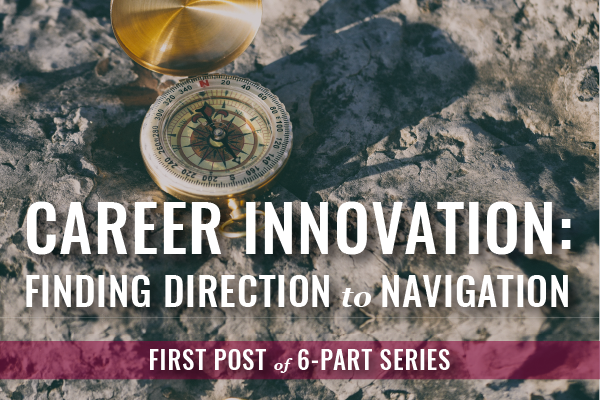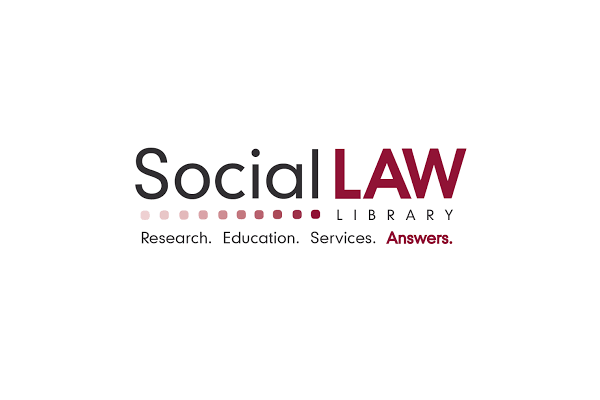A semester of workbooks for lawyers, law students, and other legal professionals to find the work uniquely right for them and develop it into a sustainable career in foggy economic conditions.
“Everyone knows this is the future of the legal practice. I don’t want to spend the second half of my career like a taxi driver complaining about Uber.”
The time to act is now – whether you’re concerned about the second half of your career like Augie Rakow (Atrium co-founder and former senior partner at a top Silicon Valley firm), you’re a law student pretending you know why you’re in law school, or you’re aware that your current career as a lawyer isn’t sustainable for any reason.
The future of work for lawyers is as unclear any other white-collar profession, and careers don’t plan themselves. Our Career Development for Lawyers Workbook Series will help you align your strengths, values, brand, purpose, and plan for better work as a lawyer.
Deep work like this takes time. You can download a single file with all 5 workbooks here: Career Development for Lawyers Workbook Series. The workbooks include links you’ll need to follow in the electronic version of the file. And you can still navigate through the individual workbooks in the original blog post format:
- STRENGTHS [Workbook 1]. SWOT inside and outside to uncover your technical and core strategy, leadership, and communication strengths and opportunities that are worth your time and effort to explore.
- VALUES [Workbook 2]. Revisit your values, beliefs, assumptions and unconscious biases and their impact on your most important decisions.
- BRAND [Workbook 3]. Rebrand yourself so that your project a strong, professional presence and people remember you exactly as you want them to.
- PURPOSE [Workbook 4]. Repurpose your passion into a driver of your success and happiness.
- PATH [Workbook 5]. Chart your course forward with clear goals, a step-by-step action plan, and insight for implementation accountability.
Any given development in artificial intelligence prompts a question of whether it will replace humans or augment their abilities. The answer often cuts both ways in the present, replacing some and augmenting others, depending on which pieces of work are being automated and then, on how any given human adapts to the change.
An AI solution like ROSS Intelligence (which received $8.7M Series A funding this past October to accelerate its legal research AI) augments those that use it – and law schools, bar associations, and nonprofits get to use ROSS for free. Still, when an AI solution is implemented, it often replaces functions once performed by a human. Whether and how a solution also opens economic space for new human functions is usually hard to discern.
At least, AI opens a couple of advantages for lawyers looking for alternatives to big law. First, it’s easier to implement automation in a small workflow than in a large firm. Second, the large firms still haven’t resolved the access to justice gap, so there’s still plenty of critical work to be done in the field that tech can help us address. And AI will open yet unknown advantages for more lawyers.
How do you position your career as a lawyer to benefit from AI’s emerging advantages? You focus on strategic work intended to optimize how you can deliver a genuinely needed service.
Whatever portion of your existing job functions are replaced in your lifetime, you’ll still be a human. Humans are unique products of time spent as a human. Humans have mirror neurons that make us want to connect with other human experiences. And where there’s a human desire, there’s an economic value. Your human experience has value. Your human experience will always have value.
To make a career out of your humanness, you have to adapt your unique human value into a sustainable economic value. The most challenging part of translating your unique value is often uncovering it in the first place. Our learning environments were industrialized to accommodate outdated economics so we didn’t learn to identify and build on our passions, curiosities, and other internal motivators. Many of us will have a lot of work to do to discover our unique values.
Even those of us strongly connected to our passions have a lot of work to do to translate that into functional help for complex humans in a distracted world. To guide that work, Susan Letterman White designed a series of 5 workbooks to help busy lawyers focus on a plan to develop, transition, and advance their careers. This 5-step process is about finding the right career path for you. It about uncovering your strengths, values, brand, and passion, and then creating a written plan to achieve your goals and developing the marketing tools to increase the effectiveness of your efforts. These workbooks will guide you through each stage with revealing exercises that help you notice more opportunities, overcome limiting ways of thinking, and uncover your unique skills and energizing vision for a successful and happy future.
Each of the 5 workbooks offers a checklist, discussion, and activities designed to accelerate your innovation and build upon your previous work. At the end of each workbook, you will have an array of strategies at your disposal to develop, advance or transition your career. You may decide to improve one or more skills, seek out new opportunities, effectively communicate your fit for an opportunity, define what you need to do to feel successful and happy, or create a written plan to manage your strategy projects. The workbooks guide you through the material in the following order:
- STRENGTHS [Workbook 1]. SWOT inside and outside to uncover your technical and core strategy, leadership, and communication strengths and opportunities that are worth your time and effort to explore.
- VALUES [Workbook 2]. Revisit your values, beliefs, assumptions and unconscious biases and their impact on your most important decisions.
- BRAND [Workbook 3]. Rebrand yourself so that your project a strong, professional presence and people remember you exactly as you want them to.
- PURPOSE [Workbook 4]. Repurpose your passion into a driver of your success and happiness.
- PATH [Workbook 5]. Chart your course forward with clear goals, a step-by-step action plan, and insight for implementation accountability.
If you can’t make enough time in your current schedule to work through our full workbook series, get your goals going with this condensed capsule (published in 2017).




